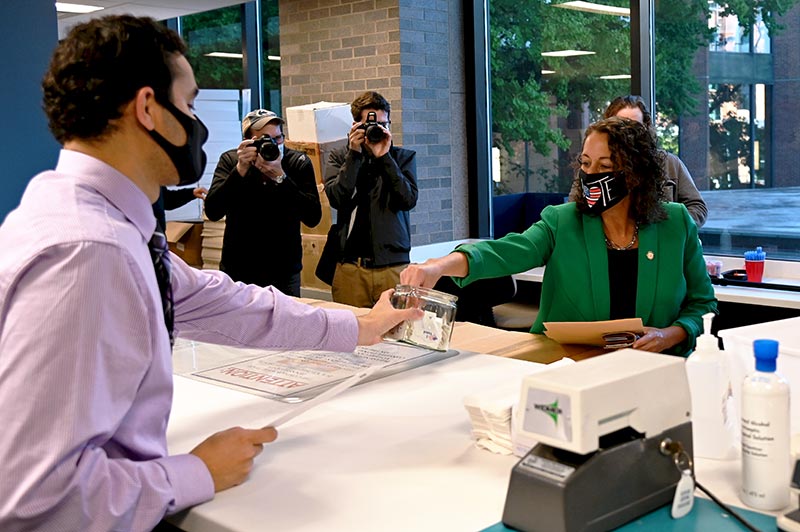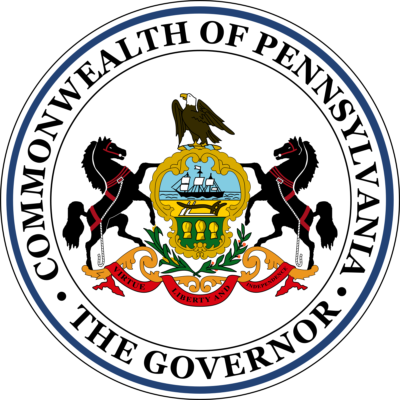Photo: Attorney Marc Scaringi (left) & Wendy Bell, Talk Show Host (right)
The guest list for the 24-hour digital Trump Rally hosted by TalkWilliamsport.com, Pennsylvania Patriots Radio and Normal America with Rob Noerr which kicked-off at 8 a.m. on Monday. is as follows:
Attorney Marc Scaringi 9:00 AM
Lycoming County Republican Committeeman Paul Cady 9:30 AM
President of the Committee to Unleash Prosperity and the co-editor of its Hotline Phil Kerpen 10:30 AM
Bradford County Commissioner Doug McLinko 11:00 AM
Department of Health Press Conference 11:30 AM
Wendy Bell, Talk Show Host Noon
Additional guests will be announced as the day progresses.








